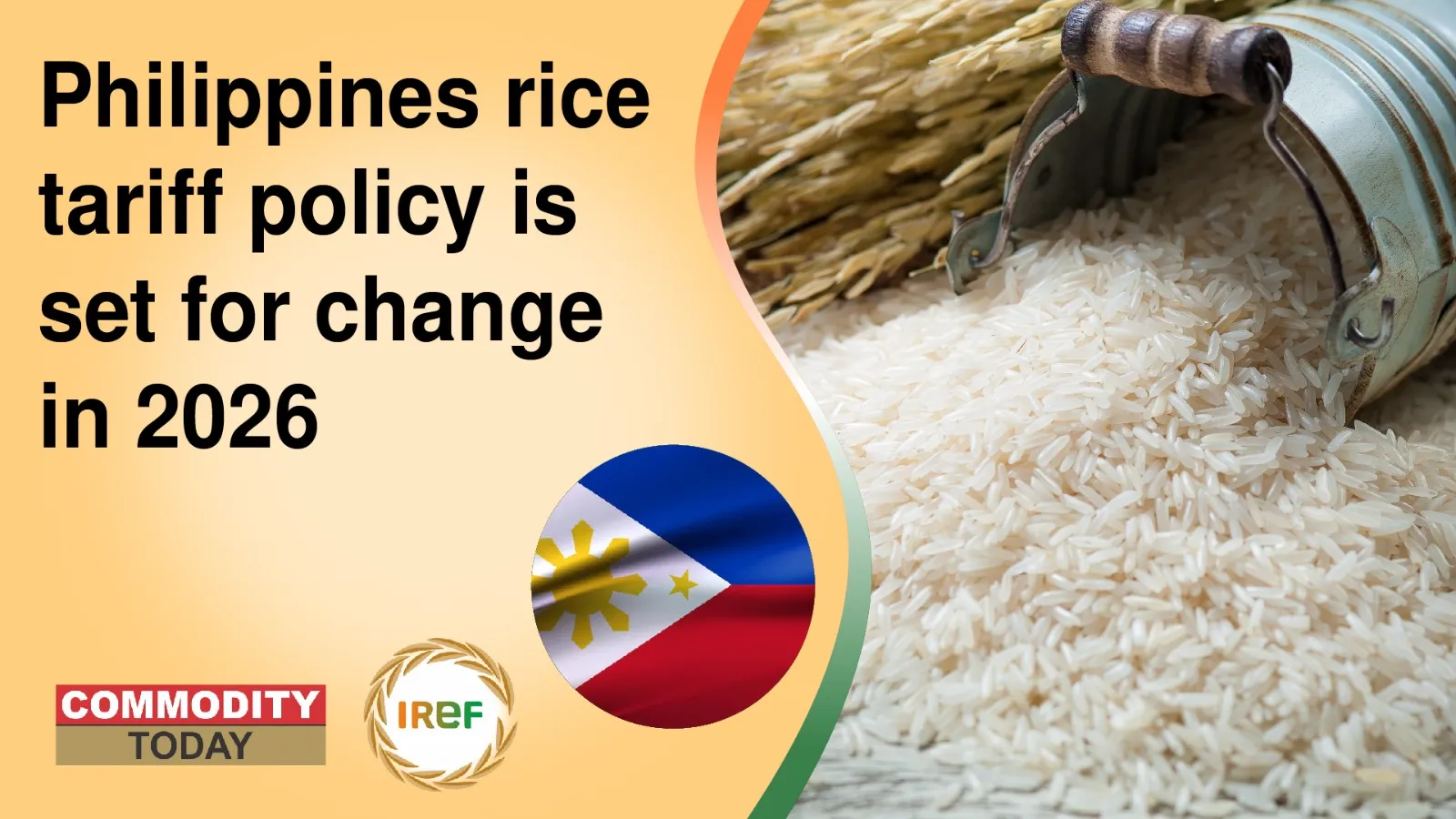Philippines Rice Tariff Policy 2026: New Guidelines to Boost Food Security and Stabilize Import Prices

Philippines rice tariff policy is set for a major overhaul starting in 2026 as President Ferdinand Marcos Jr. approved new guidelines linking rice import tariffs to movements in global rice prices. The move aims to ensure food security in the Philippines while stabilizing prices for consumers and protecting local farmers.
In an executive order issued on November 9, President Marcos announced that the new tariff structure will take effect from January 1, 2026, following the extension of the current 15% rice import tariff until the end of this year. Under the revised system, import duties will adjust dynamically by 5 percentage points for every 5% fall in global rice prices, and declining by 5 percentage points for every 5% rise in international prices.
However, the Most Favoured Nation (MFN) rates will remain within a 15% to 35% range, ensuring that the Philippines maintains balanced trade relations and safeguards domestic rice producers. To oversee the policy, an inter-agency committee will be established to monitor world rice market trends, formulate detailed implementation guidelines, and make timely adjustments to import taxes. This policy shift comes as the Philippines—currently the world’s top rice importer—temporarily banned rice imports until the end of 2025 to protect local farmers during the peak harvest season. Data from the Department of Agriculture showed that by the end of September, the country had imported 3.5 million tonnes of rice, about 800,000 tonnes more than domestic demand.
According to the US Department of Agriculture (USDA), the Philippines is expected to import around five million tonnes of rice in the 2025–2026 season, down from 5.43 million tonnes in 2024–2025 yet still exceeding the purchase volumes of major importers such as China. Experts say that by linking import tariffs to global rice prices, the government is aiming to maintain stable food prices, prevent excessive imports, and strengthen national food security.
The initiative also aligns with broader efforts to make the Philippine agricultural trade policy more flexible and responsive to global market shifts.
Read More News:
- Philippines Rice Tariff Policy 2026: New Guidelines to Boost Food Security and Stabilize Import Prices
- South Korea Backs New Seed Facilities to Strengthen the Philippine Rice Sector and Food Security
- Tobacco Farmers Condemn Exclusion From WHO Conference Ahead of COP11
- Japan Struggles With Soaring Rice Prices In Test For New Prime Minister
- Agriculture Department officials urge Sirsa Farmers to avoid stubble burning